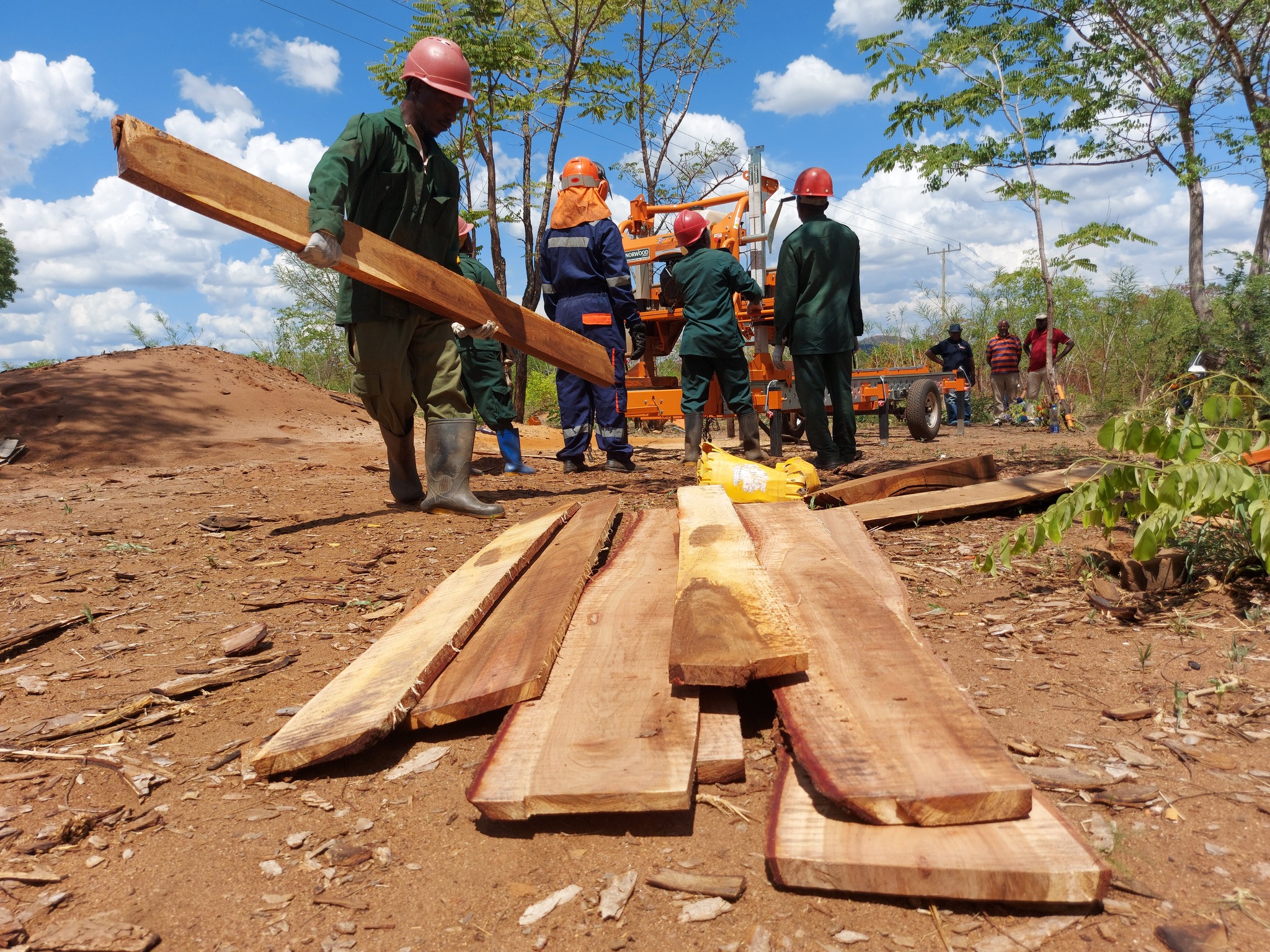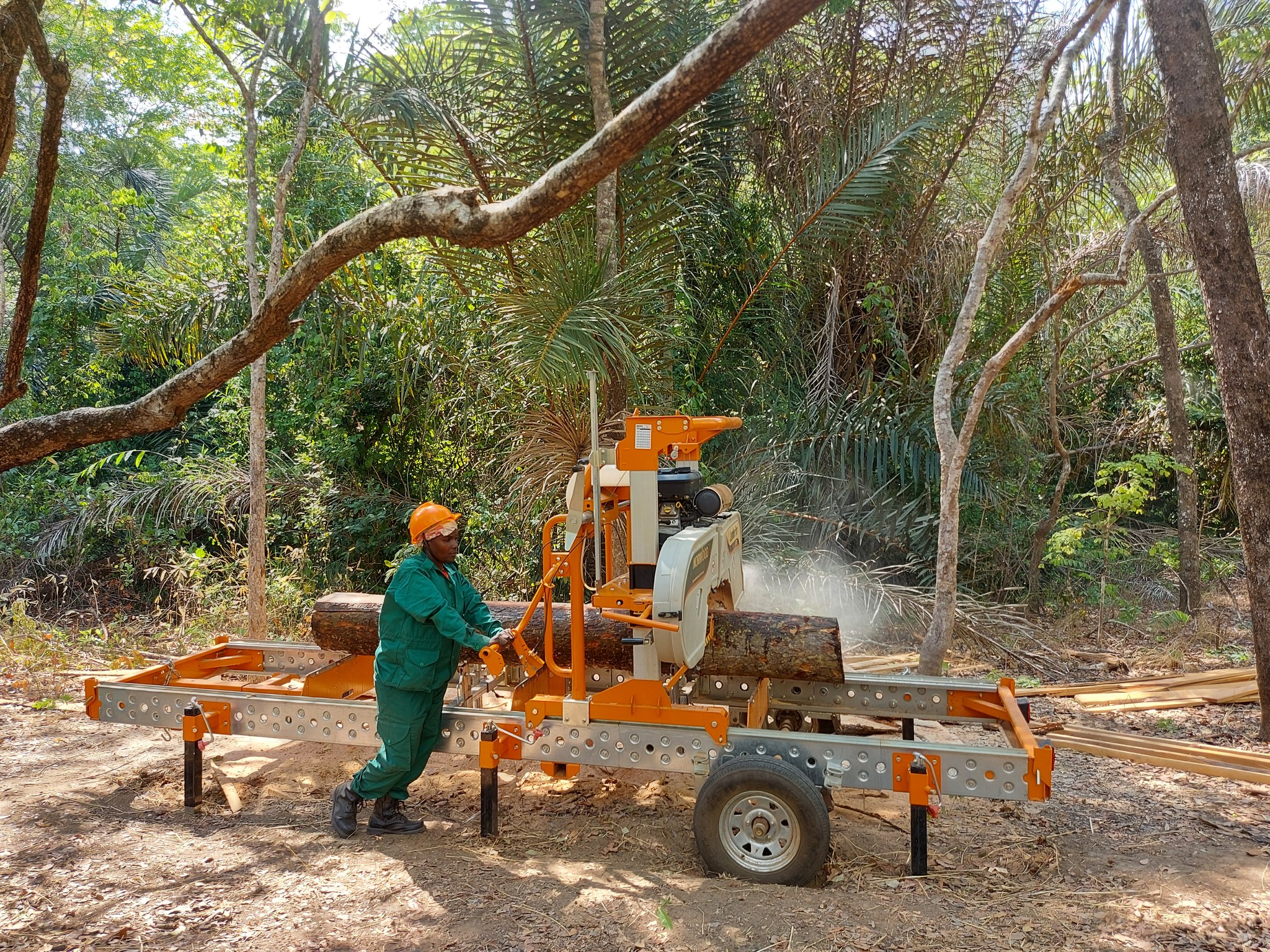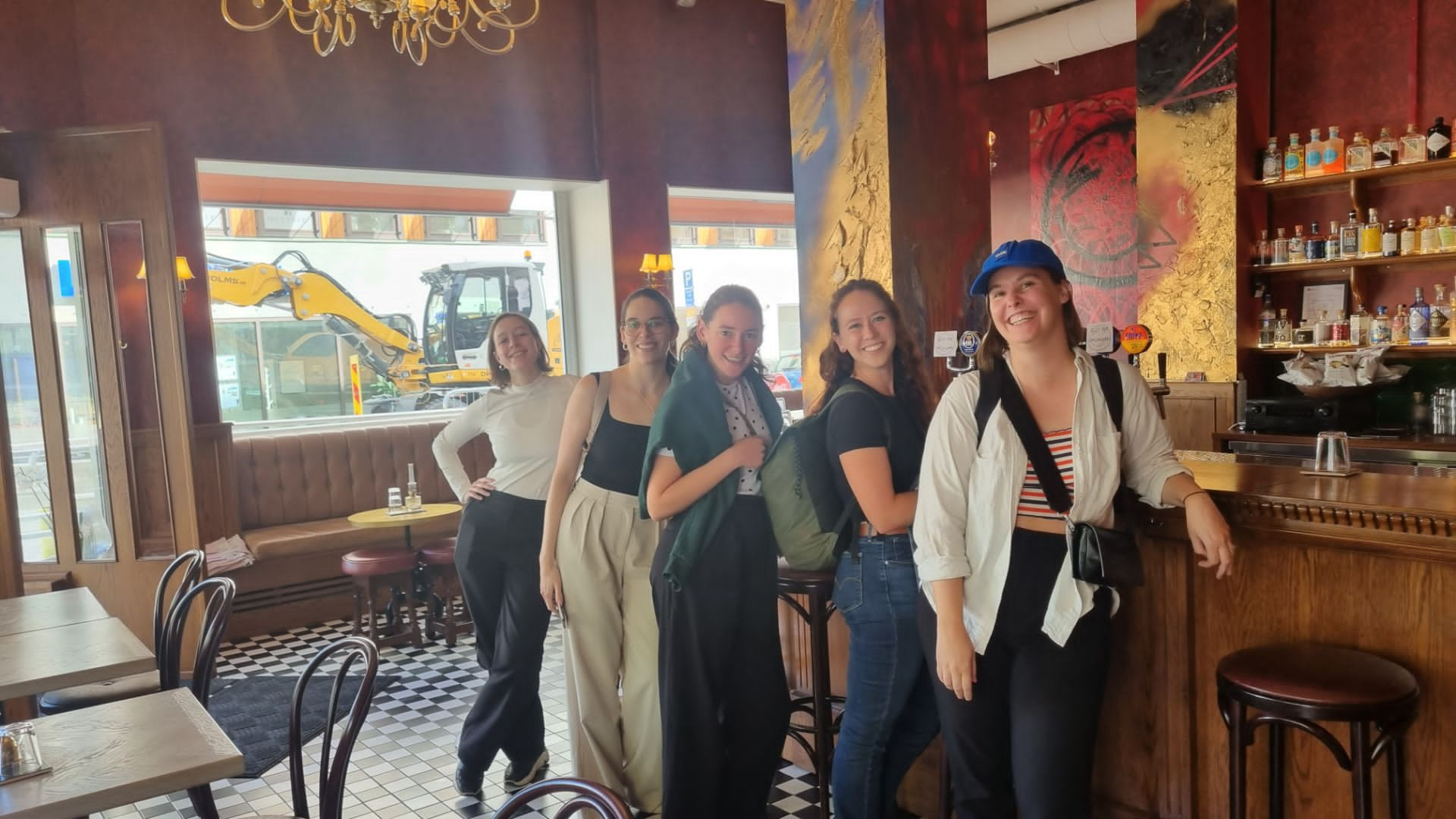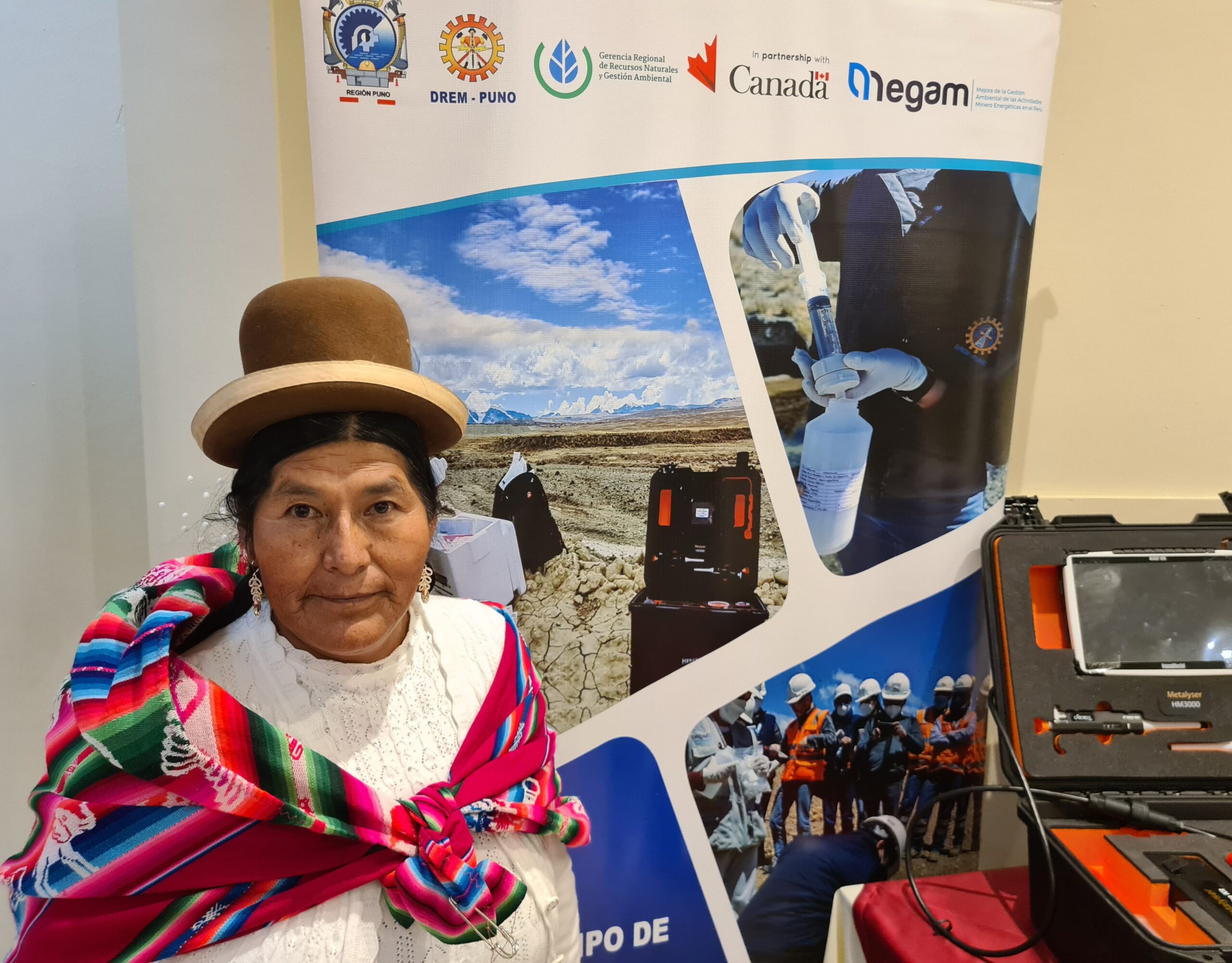
Tanzanian–Finnish collaboration supporting a ‘use it or lose it’ approach in Tanzanian Community Based Forest Management
The Governments of Tanzania and Finland have worked together in partnership for decades in the forestry sector in Tanzania. Since 2018, through the Forestry and Value Chains Development Programme (FORVAC), has been supporting community management of 470,000 ha of natural miombo woodlands.
FORVAC – a collaboration between the Tanzanian and Finnish governments – is supporting community-based, sustainable management of natural forests by aiming to balance the benefits derived from sustainable forest use, with the importance of forest protection and management.
Both Finland and Tanzania have in some ways a similar forest management history. Both were under foreign rule, with forest resources placed under top-down state control, which undermined customary forest management and created de facto ‘open access’. In both countries this top-down control and de facto open access contributed to forest destruction, uncontrolled forest clearances and destructive practices. At one point Tanzania had the 5th highest global rate of deforestation, and in Finland at the time ‘slash and burn’ practices in the forest were rampant.
In Finland today 60% of the forests are owned by small-scale private owners and their families, and these forests produce 80% of the country’s timber. Finland’s forest sector is considered one of the most successful in the world, both in terms of generating a significant revenue – 20 billion Euros in 2022, as well as from an environmental perspective: the forest cover is expanding, and biodiversity is on the rise. Finland provides a great example of how exploitation of forest resources and protection can go hand in hand when forests are under local control and that small-scale forestry can be the backbone of a thriving forest economy.
In Tanzania, forests are critical to the security of rural livelihoods. The Government of Tanzania over the last few decades has been one of the leaders in Africa in giving forest control back to communities and working to end ‘open access’. Around 50% of natural forests are now under community control. Although the approach has proven successful in terms of promoting protection by communities, who now have a renewed sense of ownership of the forest, the challenge has been to balance the benefits of exploitation with the responsibilities of protection, which is essential to the success of community-based forest management (CBFM) in the long run.
Since 2018, FORVAC has worked with 128 communities who manage 470,000 ha of miombo woodland to help strengthen forest management and improve the benefits of sustainable forest use.

The forest covered by project activities has been protected from conversion to other land uses, and from illegal activities, with community members themselves patrolling the forests. The communities harvest timber very conservatively, currently only around 7% of the calculated sustainable off-take. The miombo forests are fascinating ecosystems because they regenerate naturally after any disturbance.
Since the beginning of FORVAC, communities have generated over 8,5 billion Tanzanian Shillings, and provided paid employment for over 1,500 community members annually. Generated revenue is used to cover forest management costs, as well as to support community schools, services, pharmacies and help the most vulnerable. In addition to the benefits of harvesting timber, the project has supported the establishment of forestry-based enterprises, including honey, bamboo and mushroom production.
Deforestation monitoring of the community forests is now ongoing and compares with other forest types. The results will be available in the coming months, but anecdotal evidence suggests that community-based forests are doing better than other types of forests. Evidence also suggests that forests that generate the most benefits are the best protected.
There are remaining challenges and opportunities to address going forward. A successor programme to FORVAC is in the pipeline, which is expected to build on the successes on the ongoing initiative. Existing challenges include the fact that despite FORVAC providing 4 mobile sawmills and other equipment to communities, still too many of the trees are sold as standing trees without added value. FORVAC is working with communities to address this issue and the successor programme will continue to engage on this. Communities are not currently well coordinated. FORVAC is addressing this by helping villagers establish associations to create economies of scale. Other challenges include low market awareness of the diversity of timber species available in the forests and bureaucratic challenges for community forest enterprises, some ironically a legacy from the ‘top down’ colonial past. These aspects will require further support.
“Although community members clearly see the link between benefits from the forest and protecting the forest, many people including some conservationists, find it hard to understand that banning use is actually a huge threat to the forest and that promoting sustainable use in community forestry is the best way to save the forest. It is a complicated message to sell, to save the forest by cutting trees! However, it is true, both for Finland and Tanzania the evidence speaks for itself, that once the forests are under local control and sustainably managed, the forest that pays is indeed the forest that stays”, highlighted Peter O’Hara, Chief Technical Advisor of FORVAC.
Highlights of the FORVAC Programme
- 128 communities supported in sustainable forest management activities and related value chains development;
- 73 villages supported in the preparation of forest management plans, translating into 470,000 ha of miombo forest being sustainably managed and protected;
- Sustainable and legal timber harvesting has generated over TZS 8,5 billion in revenue for communities;
- Approximately TZS 5 billion of revenue was invested in improving community schools and rural health centres;
- Around 180 forest-related micro-businesses, which involve 1,500 entrepreneurs were supported to improve their businesses mentoring and investment support;
- Formal use rights and management responsibilities for communities have translated in conservative timber harvesting, utilizing about 7% of the calculated sustainable off-take.
To learn more about the FORVAC programme and community-based sustainable forest management, visit FORVAC’s website: (link to: https://forvac.or.tz/), follow on Facebook (link to: https://web.facebook.com/FORVACTanzania) and Instagram (link to: @forvac_tz).
Related Content
Accelerating development through Sustainable Public Procurement
Sustainable Public Procurement promotes practices that are sustainable and in accordance with national policies and priorities. With the imminent target of Agenda 2030, governments and organizations around the world are […]
The story of two interns: one year later and over 19,000 kilometers apart
Cover photo, from left to right, Cowater International former interns turned employees: Sofia, Samantha Julien (Sam), Aude, Elizabeth McGowan (Liz) and Astrid. Elizabeth McGowan (Liz) and Samantha Julien (Sam) both […]
Community, Capacity and Coordination: why environmental management matters for sustainable development in Peru
Author: Victor Neagu, Director of Communications and Marketing, Cowater International I recently travelled to Peru for a series of closing events linked to the MEGAM Project. MEGAM is the Spanish […]







